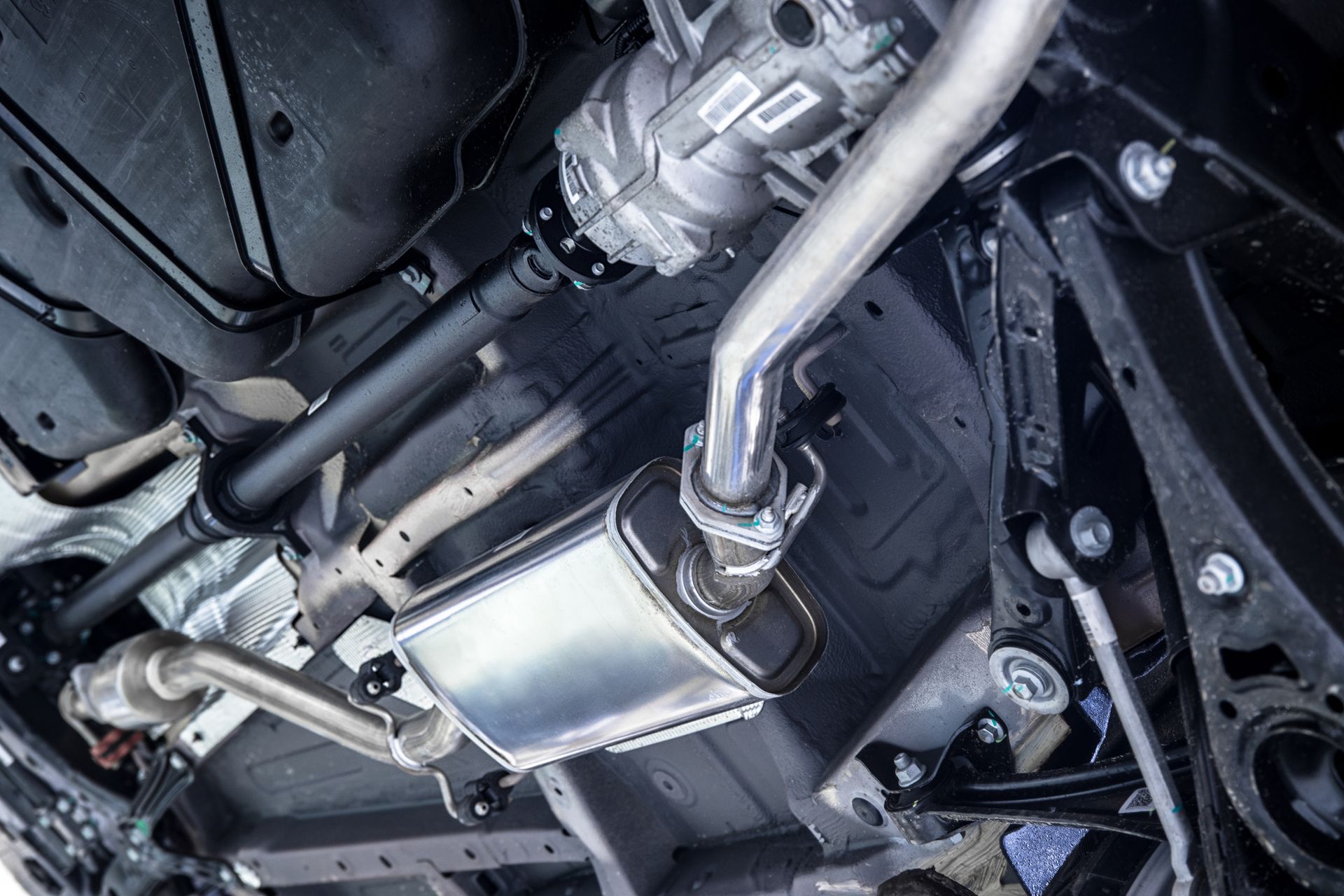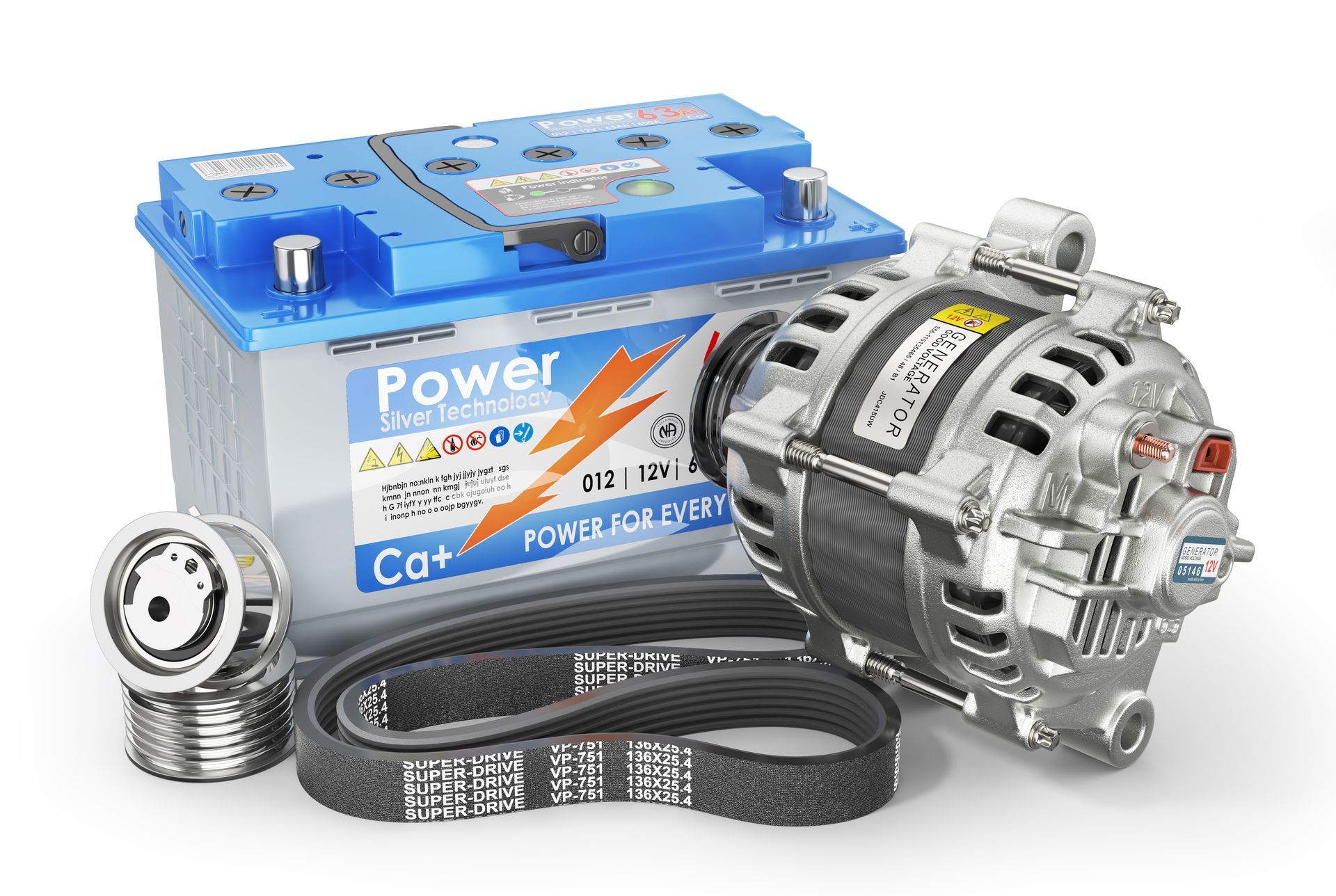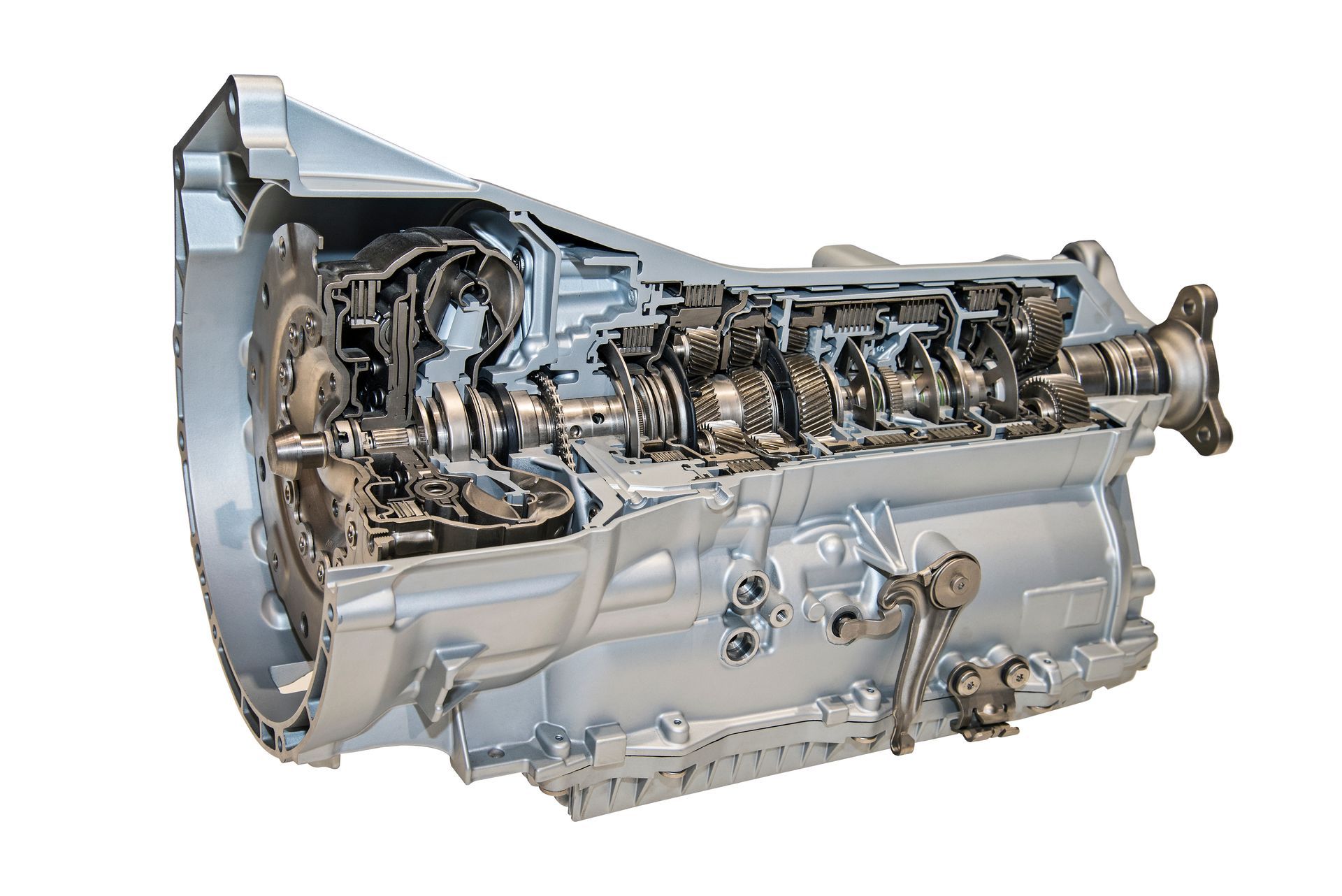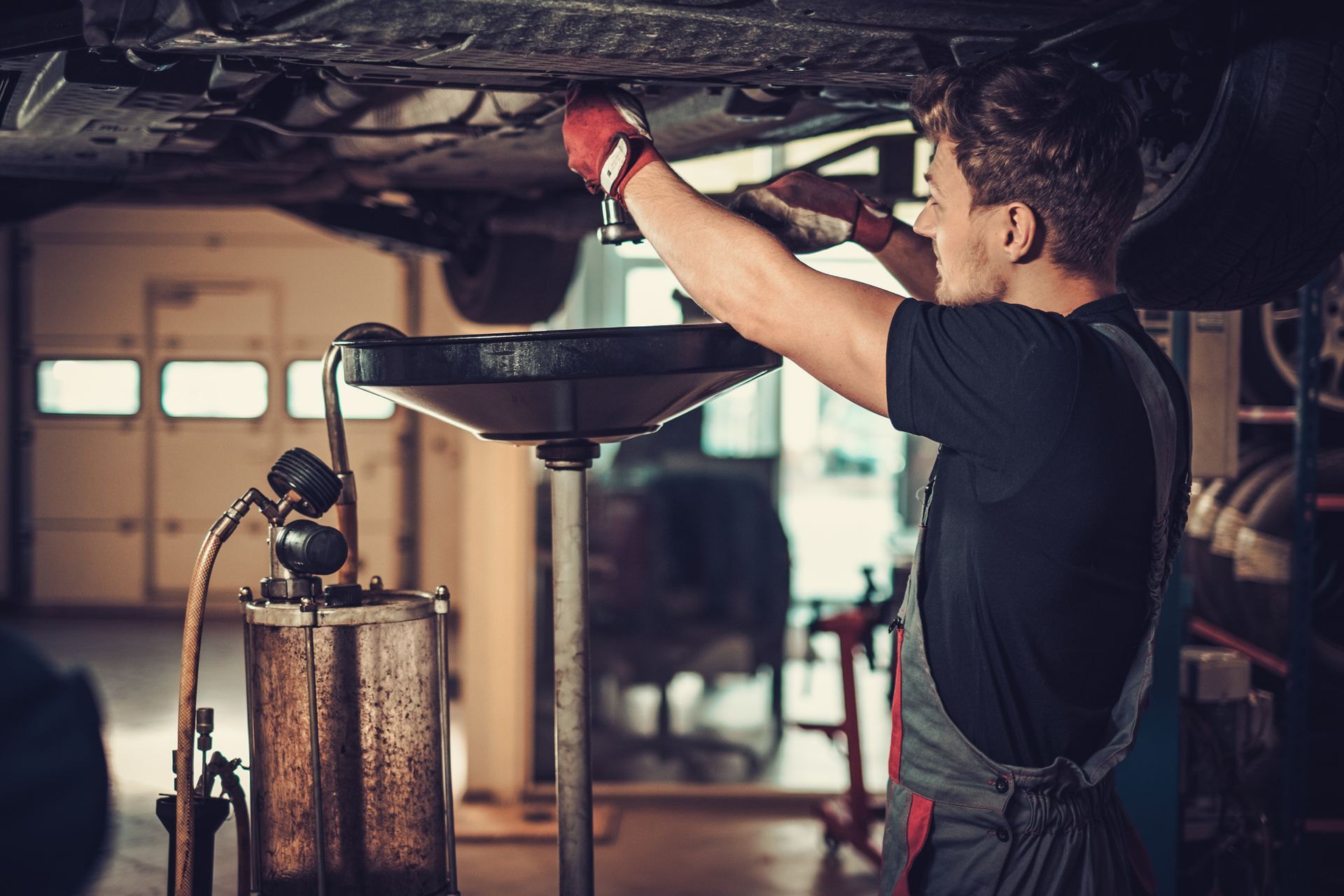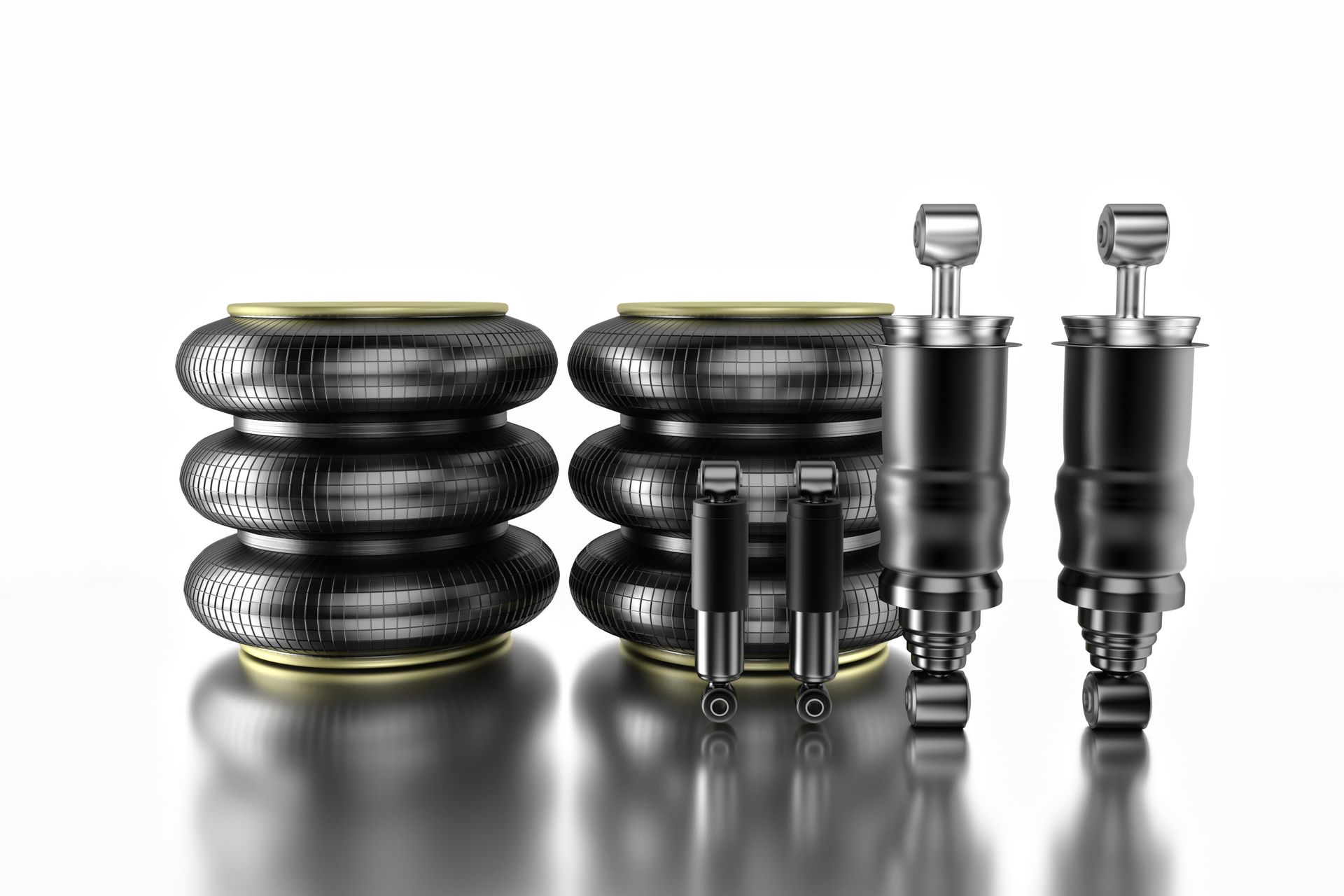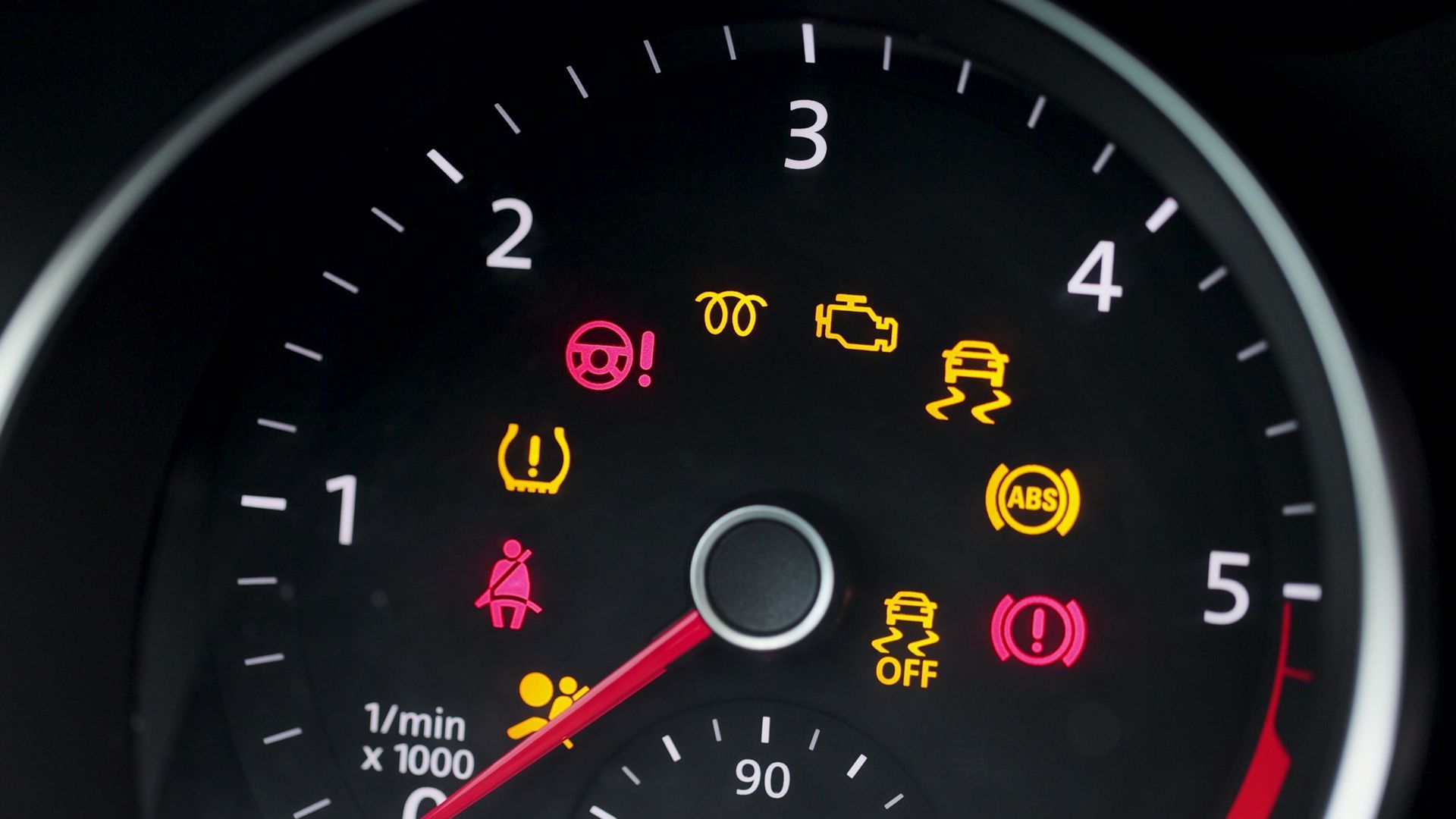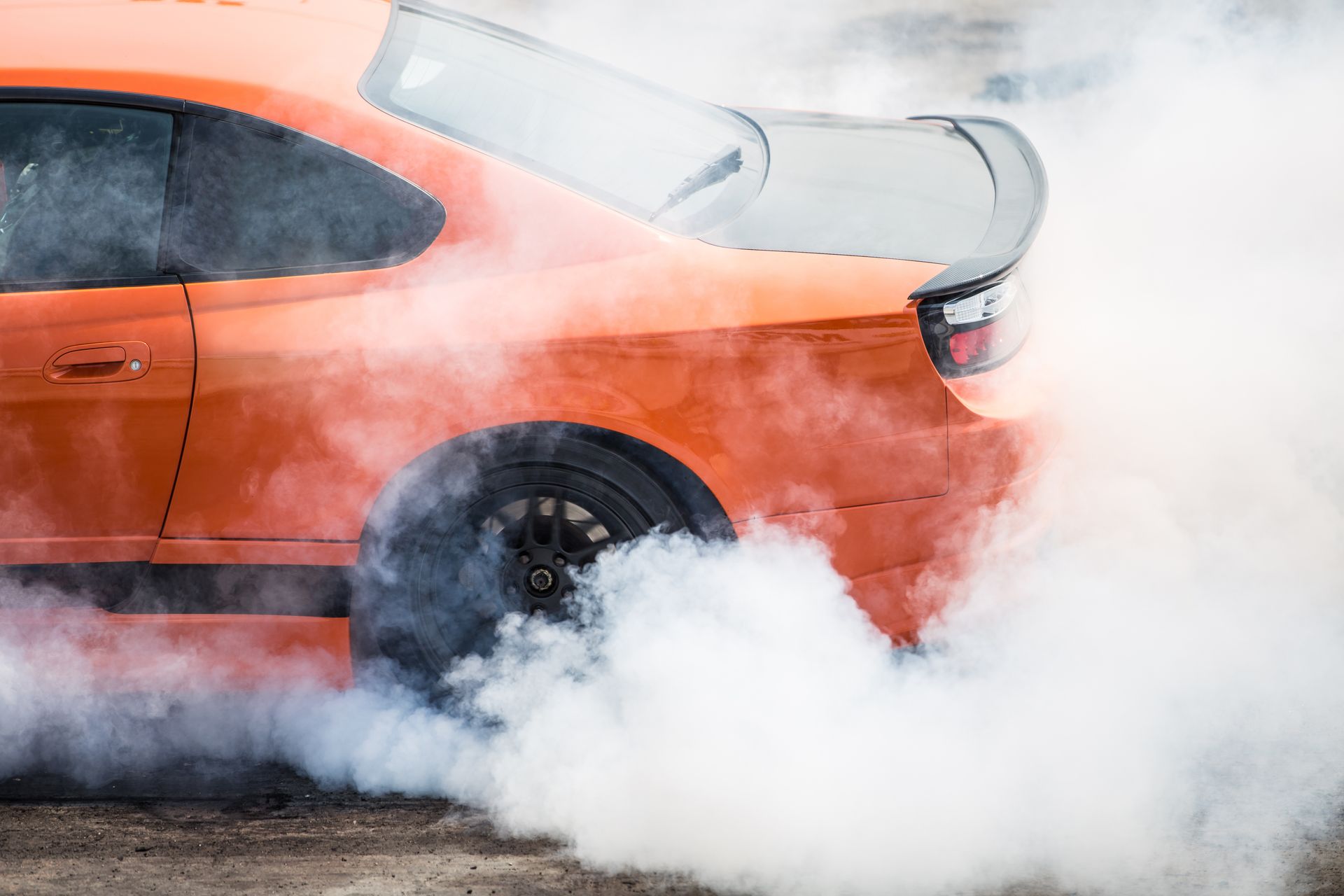It might seem like no big deal—a few drops of oil, coolant, or transmission fluid under your car. You may even think, “It’s not enough to worry about.” But the truth is that ignoring a small fluid leak can lead to major repairs, reduced performance, or even total engine failure if left unaddressed.
Fluids play essential roles in your vehicle’s operation. Each one is responsible for cooling, lubricating, powering, or cleaning specific systems. Losing even a small amount over time can throw off those systems and create serious mechanical problems.
What Causes Small Leaks to Start
Leaks often begin with minor wear and tear. Over time, rubber hoses and seals dry out or crack. Gaskets can warp under heat and pressure. Road debris can damage lines or cause fittings to loosen. Sometimes, recent repairs or part replacements can lead to poor sealing if not installed properly.
In coastal climates like Miami’s, heat and humidity can accelerate deterioration, making leaks more common and more aggressive if left untreated.
Why It’s Dangerous to Ignore Leaks
Many drivers assume if the car still runs, the leak can wait. But that approach often leads to:
- Low fluid levels: Critical fluids like oil, coolant, or brake fluid can drop below safe thresholds, leading to overheating, friction damage, or brake failure.
- Worsening leaks: A slow drip today may turn into a steady stream tomorrow, especially as pressure builds or parts continue to wear.
- Costlier repairs: Fixing a small gasket leak is far less expensive than replacing an engine or transmission destroyed by low lubrication or cooling failure.
Fluid leaks can also create safety hazards by dripping onto hot components or road surfaces, increasing fire risk or reducing traction.
How to Spot a Leak Early
Even if your dashboard warning lights haven’t come on, there are signs you can look for:
- Puddles or spots under the vehicle after it’s been parked
- Burning or sweet smells while driving
- A greasy or wet residue around hoses, gaskets, or engine parts
- Drops in fluid levels between oil changes or service visits
The color of the fluid can also give clues. Oil is usually dark brown or black, coolant is green, orange, or pink, and transmission fluid tends to be red or amber.
Which Leaks Require Immediate Attention
While a technician should check all leaks, some demand faster action than others. Brake fluid or power steering fluid leaks affect your ability to control the vehicle. Coolant leaks can lead to overheating, while oil leaks compromise engine lubrication.
Even windshield washer fluid leaks can become problematic if you rely on visibility during long drives or bad weather. Regardless of the fluid, no leak should be dismissed as “minor.”
Get Ahead of Leaks With Preventative Care
Routine maintenance and inspections are your best defense against potential issues. Many leaks are preventable if small cracks, loose clamps, or worn seals are caught in time. During oil changes or seasonal checks, technicians can inspect the condition of your gaskets, fluid lines, and reservoirs to identify any potential weak spots.
Keeping your vehicle clean, especially under the hood, also makes it easier to notice new leaks when they start.
Stay Leak-Free With Help From Gold Wing Motors in Miami, FL
If you’ve spotted a small leak, don’t wait for it to get worse. Our team can quickly identify the source, recommend the right fix, and help you avoid much larger repairs down the road.
Call
Gold Wing Motors in Miami, FL, today to schedule a leak inspection and keep your car protected from costly damage.

